At 9:10 a.m. on January 15, 2024, Dhaka's AQI score of 190 placed it third among all cities in the world with the worst air quality.
Pakistan’s Karachi, China’s Wuhan and India’s Kolkata claimed the first, second and fourth ranks on the list, with AQI scores of 251, 191 and 188 respectively.
The air quality is deemed "unhealthy for sensitive groups" when the AQI value for particle pollution is between 101 and 150; "unhealthy" when it is between 150 and 200; "very unhealthy" when it is between 201 and 300; and "hazardous" when it is 301 or higher, posing major health risks to locals.
The air quality index gave Dhaka's air the label of "unhealthy."
Air pollution has always been a problem in Dhaka. Usually, the winter months bring on unhealthy air quality, which then improves during the monsoon.
People may find out how clean or dirty a city's air is, as well as any potential health risks, by using the Air Quality Index (AQI), a daily reporting tool.
Particulate matter (PM10 and PM2.5), NO2, CO, SO2, and ozone are the five pollutants that make up Bangladesh's Air Quality Index (AQI).
The World Health Organization (WHO) estimates that air pollution kills seven million people globally annually, mostly as a result of higher mortality rates from heart disease, stroke, lung cancer, chronic obstructive pulmonary disease, and acute respiratory infections.



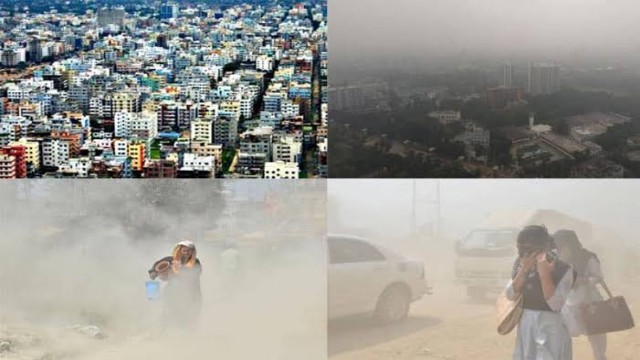

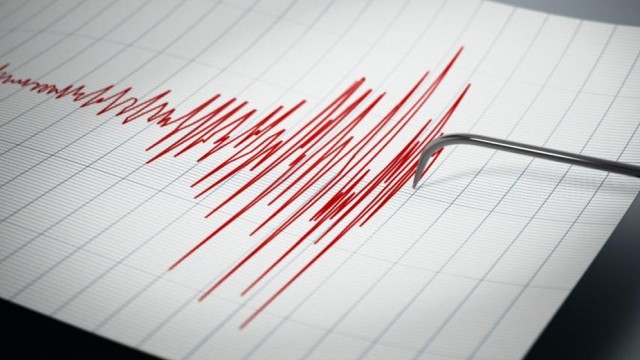
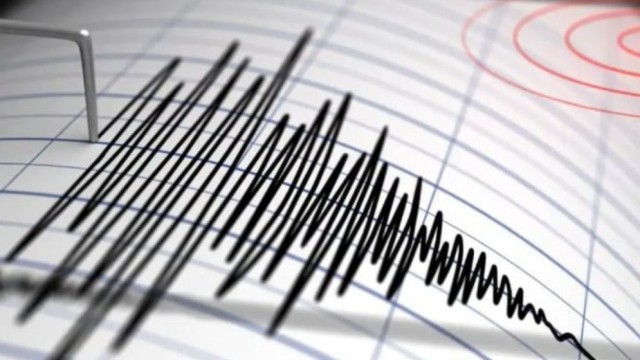
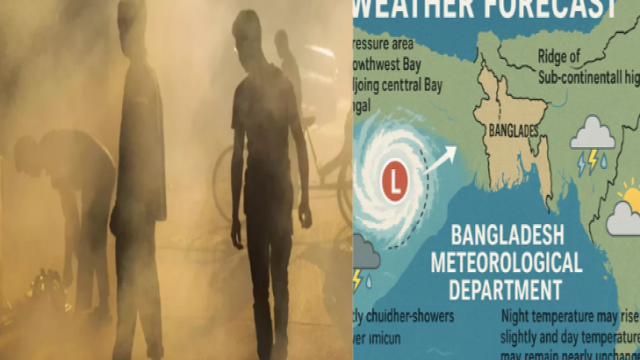
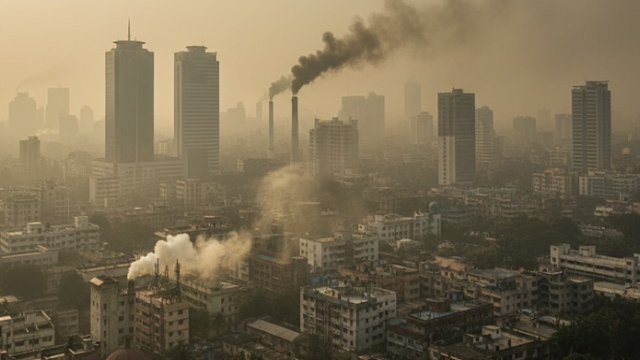



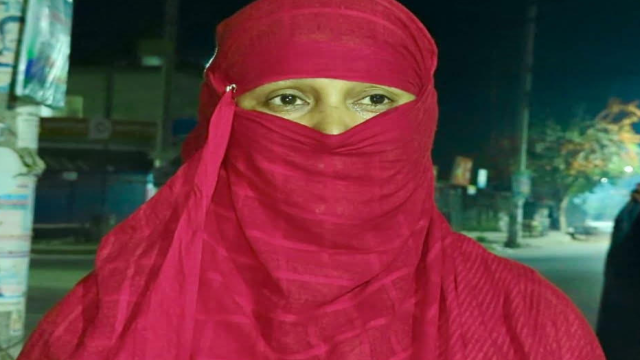















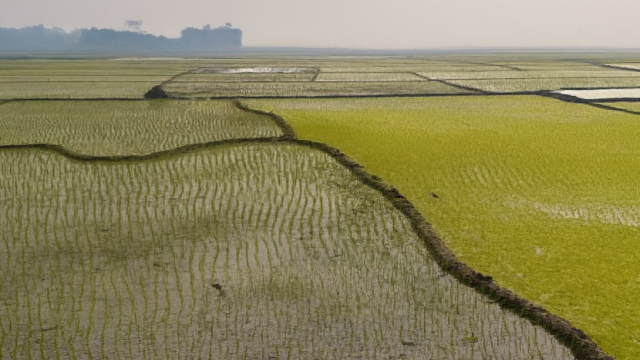

Comment: